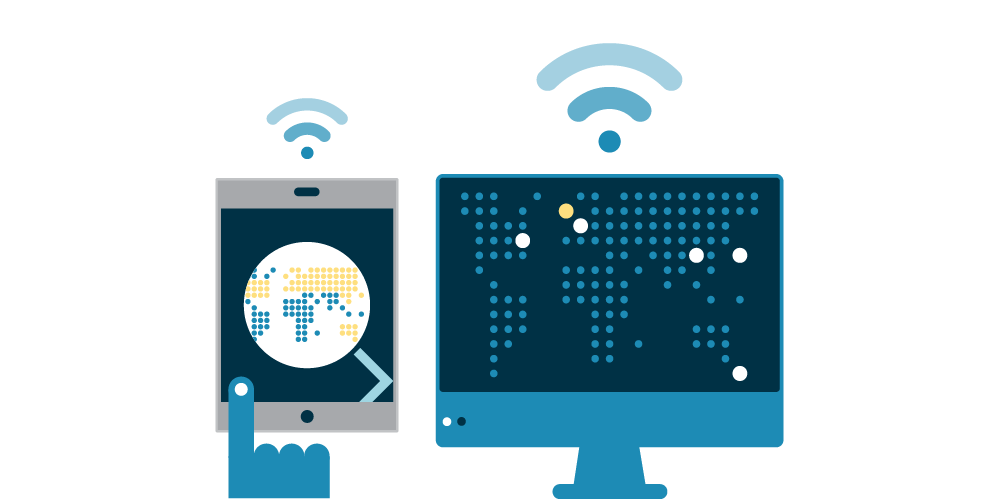
European Electronic Communication Code
The European Electronic Communication Code (EECC) brings substantial changes for the telecoms sector across Europe and the UK. These changes will affect providers of 'over-the-top' services as well as traditional communications service providers. Members States are required to implement the EECC, which entered into force end of 2018, into national law by 21 December 2020.
Playing a key role in the EU’s regulatory fitness ambitions, the EECC consolidates all four European telecommunications directives into one directive. By doing so, the EU expands the three primary objectives announced for existing telecoms regulation: Promoting competition, the internal market and consumer protection. This overhaul of the existing framework will, in some areas, see a significant change to the regulatory framework and will be a material shift to the current obligations and requirements on regulated service providers.
The EECC also extends the scope of telecoms regulation from traditional voice telephony and text messages to functionally equivalent online services, covering electronic communications services in a broad sense. In order to address the convergence of the telecommunications, media and information technology sector, the new regulation will also apply to over-the-top-Services such as voice over IP, messaging services and web-based e-mail services.
As there will be significant changes which impact consumers, companies should consider both its implementation of EECC rules at the same time as the new rules under the Consumer Omnibus Directive.

Trending
Article list












